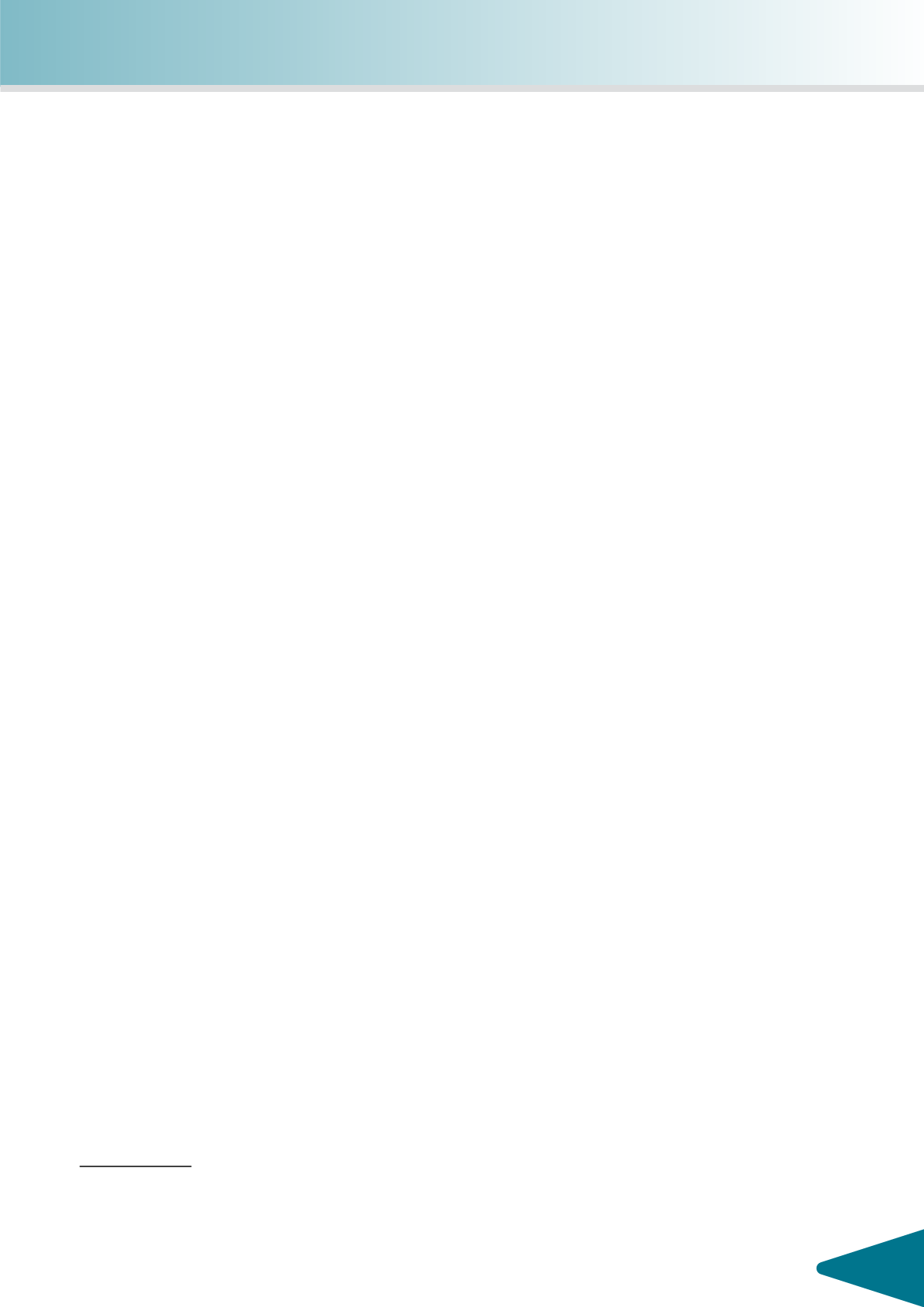
85
2016). In the same period, a pair of other Arab-Jewish civil
society initiatives has successfully implemented a more
modest strategy for educational integration – placing of
hundreds of Arab teachers at mainstream Jewish schools.
These programs, piloted by The Abraham Fund Initiatives
and Merchavim CSOs, have been adopted by the Ministry
of Education at district levels, "scaling" up their models in a
manner all too rarely achieved by Arab-Jewish interventions
(Maor, 2016). In a recent Presidential address, Rivlin reiterated
his support for the ethos of integrated education, stating
that, “We cannot continue to perpetuate the status quo, and
raise our children in the darkness of mutual ignorance, with
suspicion and alienation, children who do not speak Hebrew
and Arabic, and cannot talk to one another and understand
each other... Wemust not give up on education for partnership”
(Rivlin, A Shared Israeli Hope: Vision or Dream?, 2016).
These small but meaningful changes have been accompanied
by a new emphasis, in official policy and rhetoric, on the
economic integration of Arab citizens as an Israeli national
interest. Rivlin encapsulated this idea in his seminal 2015
speech at the Herzliya Conference, stating that "From an
economic viewpoint, the current reality is not viable. The math
is simple, any child can see it. If we do not reduce current
gaps in the work force participation and salary levels of the
Arab and Haredi populations... Israel will not continue to be
a developed economy" (Rivlin, 2015). More important, the
current government – self-proclaimed as the most right-wing
in Israeli history – passed an historic decision in December
2015 to equalize resource allocation to the Arab sector in the
state budget, including investments of more than 15 billion
shekels toward infrastructure and economic development
in the Arab sector (Prime Minister's Office, 2015).
1
This
breakthrough was enabled through years of civil society
work – advocacy, coalition building, program development,
research, lobbying – led by joint Arab-Jewish CSOs such
as Sikkuy alongside the civil society and political leaders of
Israel's Palestinian citizens (Inter-Agency Task Force on Israeli
Arab Issues, 2016). Their work testifies to the potential for
strategic, sustained civil society campaigns to effect positive
change even in present political circumstances.
Left in the Closet: Civil Society and the
Politics of "Peace"
The field of Arab-Jewish and Israeli-Palestinian "peace
organizations" has thus endured against a formidable array
of opposing forces, remaining a vital microcosm of Israeli civil
society – if still too micro. The educational branches of the field
have developed proven models for humanizing perceptions
and achieving profound impact at individual, inter-personal,
and small-group levels (Lazarus & Ross, 2015) Nonetheless,
broader impacts and policy breakthroughs remain few, far
between, and often exclusive to Arab-Jewish relations within
Israel rather than peace with the Palestinians.
1
.
aspx
Where the Israeli-Palestinian conflict and Palestinian human
rights are concerned, civil society activism remains firmly
perceived by Israelis as the exclusive province of the
stereotypical "peace camp" demographic – secular, Ashkenazi,
highly educated Leftist elite. The leadership of the CSO peace
community is aware of this limitation; there is much discussion
of how to break out of this ethnic and socioeconomic enclave.
As noted above, recent years have seen innovative efforts to
empower peace-oriented leadership among religious Zionist,
Haredi and Russian-speaking communities – but these are
still nascent and aimed at elite individuals rather than the
grassroots (Leibowitz-Schmidt, 2015).
While militant opposition, political stagnation and de-
legitimization have not erased peace activism from the
Israeli civil society landscape, they have, to date, effectively
confined it to enclaves of the population already receptive to
the message. In broader Israeli societal contexts, it has been
long considered "political" and "divisive" to raise the Palestinian
issue. Hence, the leaders of social justice protests consciously
excluded the occupation and the peace process from their
agenda and deliberately downplayed their own previous
activism and Leftist views on the conflict (Shultziner, 2016).
Lior Finkel-Perl is the executive director of Civic Leadership
(Manhigut Ezrakhit), an umbrella organization for Israel's "third
sector" that counts hundreds of charities and CSOs among
its members. Herself a graduate of the Seeds of Peace youth
dialogue program, former director of the Israeli-Palestinian
Peace NGO Forum and activist in the 2011 movement, she
is uniquely able to assess the contributions, and limitations,
of civil society peacebuilding.
Finkel-Perl is thoroughly conscious of the value of Israeli-
Palestinian engagement; she unequivocally attributes her
path to adult activism to her participation in dialogue at age
15: "This was the first brick upon which I have built my life
journey, from a relatively uninvolved, sheltered—perhaps
even naive—young girl, who went to Seeds of Peace in
Maine in 1996, to the peace activist I am today. My [dialogue]
experience was one of those times that everything connected
for me and suddenly my life path became very clear... in
hindsight, this is the moment that started it all” (Lazarus &
Ross 2015). She spent several years working with the Israeli-
Palestinian Peace NGOs Forum, and is equally aware of the
challenges facing the field.
During the 2011 social protest, Finkel-Perl recalls struggling
to include a political solution to the conflict on the movement
agenda. The top leadership of the social protest movement
included anti-occupation activists and graduates of peace
education programs, yet they sought assiduously to downplay
these views and ties. Finkel-Perl, for her part, refused to keep
her peace activism in the closet: "I went during the protest
with a shirt that said there's no social justice without a peace
agreement," she recalled, "and people told me that is divisive,
it generates antagonism" (Finkel-Perl, 2016).
From her current vantage point, she grasps the logic of
censoring "peace" during the 2011 movement: "You don't


